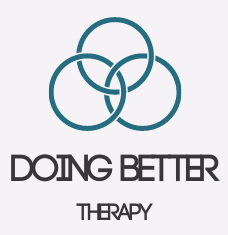Transitions, endings, and new beginnings
How to have difficult conversations with young people and families is one of the most frequent requests I have had in my social work consultations. Like anyone else, social workers struggle with their own pain as well as the pain they anticipate in others when imparting sad, disappointing or unwelcome news. Planning transitions is a complex juggling act requiring many things to be kept in mind e.g. timing changes around school terms, particularly emotionally heightened times, having enough time to say goodbye to significant others but not drawing out the agony of anticipatory anxiety. In addition to key significant factors for young people, large professional and family networks also need to be considered. To be most effective in developing narratives around difficult life events and unwelcome changes, it is most helpful if key adults coordinate a shared and consistent narrative and are themselves grounded in order to best contain a young person during times of uncertainty and change.
I have learned that my offering brief but specific packages of care around transitions can be of particular benefit to the whole network. Packages include:
- A child centred psychological perspective to planning both endings and settling processes.
- Helping networks and families with complicated grieving processes.
- Facilitation of reflective spaces to keep child centred practice central and active during periods of loss and transition.
- Co-ordinating and facilitating the adults in a system to create developmentally appropriate collaborative shared narratives and consistent messaging to young people.
- Containing adult anxiety to empower parenting (including corporate parenting) through potentially risky or difficult times.
- Attention to case specific needs with cultural humility and through an anti-oppressive lens.
Contact me on Tel: +44 7306 767 209 or email:



